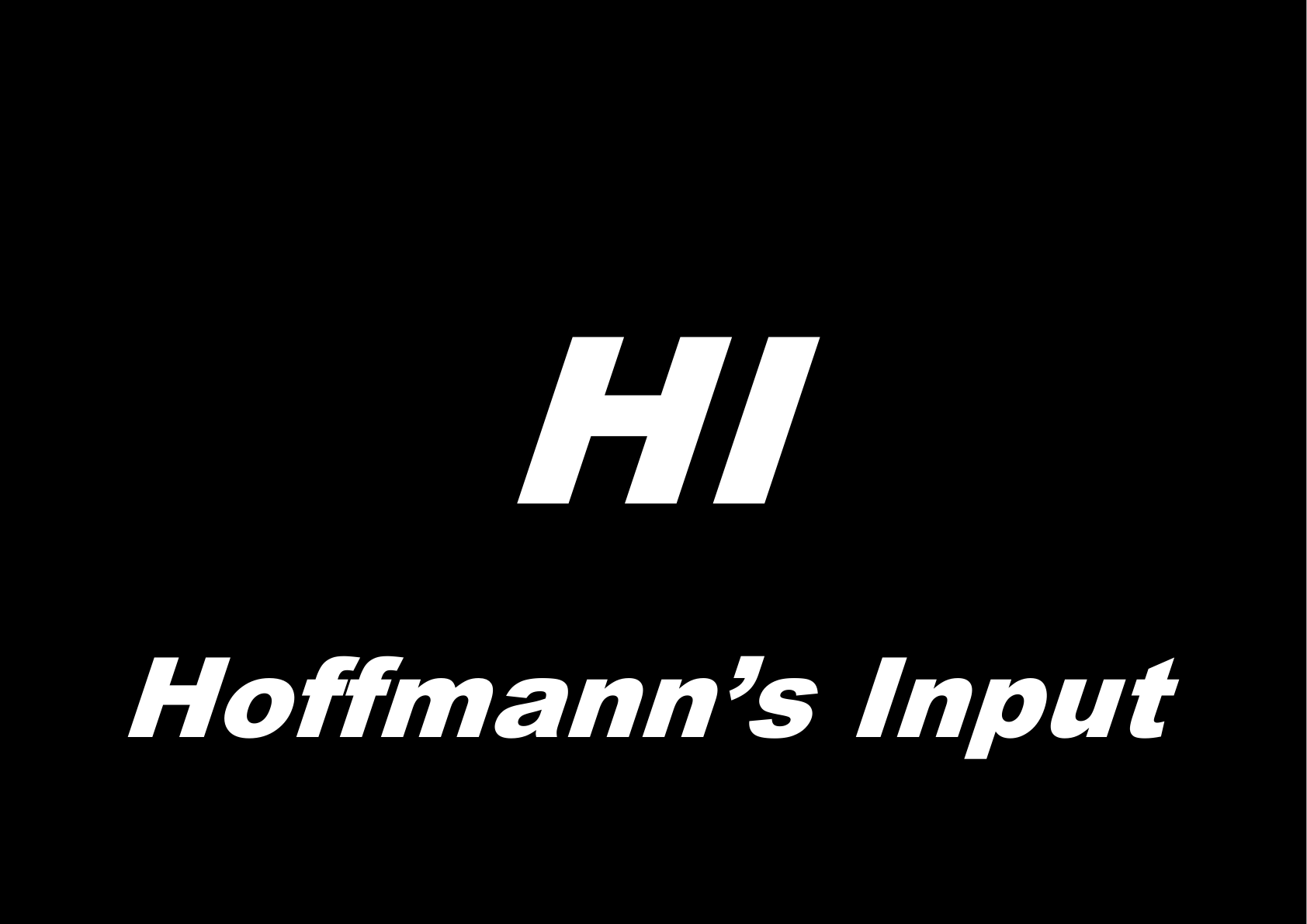Remembering Felix Somary „The Raven of Zurich”
economy·@hoffmannsinput·
0.000 HBDRemembering Felix Somary „The Raven of Zurich”
 Felix Somary (1881 – 1956) was one of the most interesting economists of the 20th century. Contrary to his famous colleagues like Hayek or Mises, not many people heard about him. This article provides for the summary of Somary’s observations written down in his book “The Raven of Zurich” (German: “Erinnerungen aus meinem Leben”). **1. Introduction** I first learnt about Felix Somary while reading James Rickards’ book “The road to ruin”. Trying to find out more, I started looking for his book “The Raven of Zurich”. It was not an easy task. However, I was able to borrow its German version. Who was Felix Somary? Somary was born in 1881 in Vienna, Austria. He studied law at the University of Vienna. After obtaining his degree, he started to work as a banker and an economic consultant in Austria, Germany, Switzerland and the USA. Somary was famous for his ability to predict the economic events in the future such as: both World Wars, the Great Depression, the rise of fascism and communism etc. Therefore he was nicknamed “the Raven of Zurich”. There were people, who listened to him, but many made fun of him. In the end, it was Somary, who was right. **2. Somary’s observations** **2.1 The importance of reserves in war time** At the beginning of the First World War, neither of the European powers had the necessary commodity or financial reserves. Somary, who was in Germany at that time, suggested the radical reduction of spending (especially consumption). Some German officials found this approach too radical. One of them even asked, whether the consumption of bread should be limited. Somary answered “*This one in the first place*” (Felix Somary, *Erinnerungen aus meinem Leben*, p. 133). Thanks to Somary’s advice, Switzerland started hording necessary reserves back in the 1930s. Therefore, it could avoid any shortages in the course of the Second World War (Felix Somary, Erinnerungen aus meinem Leben, p. 247). **2.2 The lost golden age** Somary describes the time before the First World War as a kind of paradise lost (Felix Somary, *Erinnerungen aus meinem Leben*, pp. 196 - 197). There was the freedom of movement of people, capital and goods. The small number of protectionist measures was just limited to agriculture. The First World War put an end to all this. The European countries started to limit the freedom of movement of people. Somary observed that these restrictions (especially the ones on trade) would be detrimental to the post war reconstruction of Europe. The counterargument of German protectionists was that the theory of free trade serves only the interests of Great Britain. The interesting thing is that these statements made over 100 years ago, are still used today. **2.3 The roots of an economic crisis** In the 1920s Felix Somary met Keynes in Berlin and warned him about an upcoming economic crisis. Keynes was surprised and asked about its possible origins. *“The difference between an illusion and reality”* answered Somary (Felix Somary, *Erinnerungen aus meinem Leben*, pp. 198). **2.4 Emergency breeds bureaucracy** After 1929 Crash, Somary was observing the way of crisis management. In order to deal with an emergency, one creates an organisation adding further levels of bureaucracy. Such an organisation keeps on existing although the emergency passed and everybody forgot the purpose the organisation was created for (Felix Somary, *Erinnerungen aus meinem Leben*, pp. 212). **2.5 Protectionism is the problem and not the solution** In the course of the Great Depression, Somary could observe the rise of protectionism. His view was that an international cooperation would help resolving the crisis. On the other hand nationalism and protectionism made it worse (Felix Somary, *Erinnerungen aus meinem Leben*, pp. 214-215). **2.6 Quantitative easing** In the 1930s Switzerland was one of few countries, which did not devaluate their currencies. This step ground the Swiss exports to a halt. The Swiss National Bank was put under pressure in order to allow the devaluation to happen. Somary tried to prevent it by claiming that the devaluation would hit the Swiss workers, whose professional and private lives depended on the imported goods. Further, such a step would undermine people’s trust in the Swiss Franc (Felix Somary, *Erinnerungen aus meinem Leben*, p. 240). **3. Lessons learnt** Somary wrote his book in the 1950s, but after a while the reader would get an impression, as if the book were written after 2008. Somary’s book also confirms that people are unable to learn from their mistakes. Many economic problems, we face today, were known to people at the beginning of the 20th century. So what can we learn from Somary’s observations? - **Watch the market and act accordingly! In case of a mania, stay away from the market/ the particular asset group!** - **Do not take the freedoms you enjoy today for granted! They can easily be taken away.** - **Protectionism, no matter how tempting, will create problems and not solve them.** - **Quantitative easing (currency printing) affects the value of a particular currency to the detriment of consumers.** - **Every problem has to be dealt with in a direct and speedy way. The beaurocratic approach makes the matters worse.**